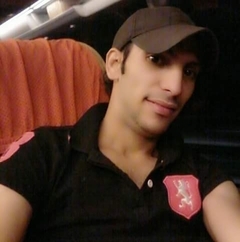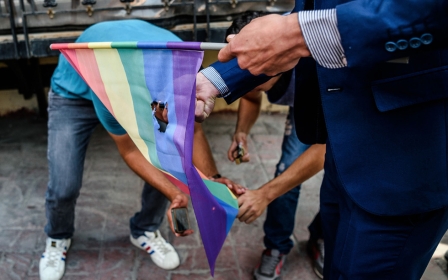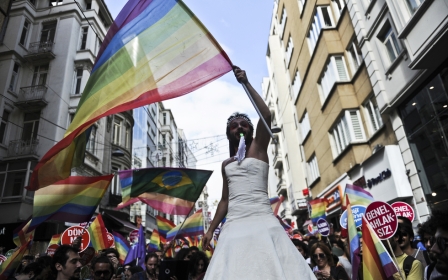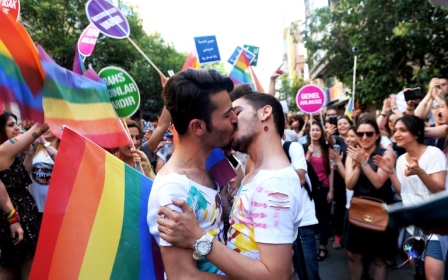Turkey 'unsafe' for LGBT people after murder of Syrian refugee
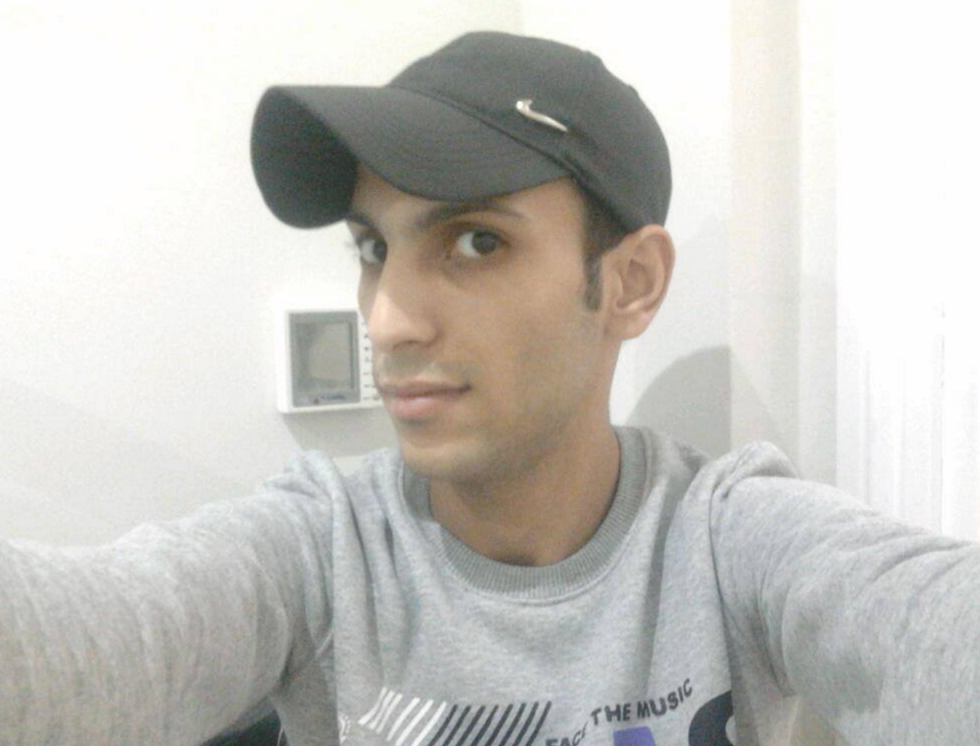
Mohammed Wissam Sankari, a 25-year-old Syrian refugee and aspiring poet, was found beheaded, his body mutilated beyond recognition, two days after he disappeared in Istanbul on 23 July.
Friends who went to identify him recognised his body only by his clothes.
Amid shock over the brutality of his murder, campaigners say the killing highlights the perilous situation of Syrian refugees in Turkey, a country listed by the EU as "safe" for asylum seekers to be returned to.
“Wissam was a good guy, very shy,” his friend Mohamed Masri told Middle East Eye.
“He didn’t have much formal education, but he had a passion for poetry. That’s why he set up his Facebook page, Poetry Is My Goal.
“Of course, he had problems with writing so every time he wrote a poem he would have to send it to a friend before he published it, to get the spelling checked.”
I buried my heart in a graveyard called The Cemetery of Forgetfulness.
And I hid my sorrows behind a smile, so that nobody would see them.
My bulwarks will stay high, lest my tears become a torrent,
My longing will burn out in its own flame, hotter than the flame of any volcano.
And my wounds will be healed, even if they overflow like a flood.
Sankari's last known poem, published on 1 April
Sankari had been working at a factory producing cardboard boxes - but just before he disappeared he quit to join family members in Gaziantep, a major hub for Syrian refugees in Turkey and more affordable than Istanbul.
“He was coming to join us in the first days of August,” his mother Khadija Sankari told Middle East Eye.
“But before August came, he was murdered. And in such a monstrous way.”
His family say they don’t know why he was killed, and fear he was singled out because he was a Syrian refugee – but friends and campaigners say that he was targeted for being an openly gay man.
Sankari grew up in a poor family in Latakia, and then Damascus, before fleeing to Turkey three years ago.
Friends told Kaos GL, an LGBTI support organisation active in Turkey since 1994, that Sankari had faced threats and violence because of his sexuality before he was killed.
“He was kidnapped and raped five months ago, and the police did nothing,” Yildiz Tar, a local co-ordinator for Kaos GL who has worked with Sankari’s friends, told Middle East Eye.
“Police are now investigating his murder, but I don’t hold out much hope that it will be objective.”
'Turkey is not a safe country for LGBT people'
Since its founding as a republic in 1923, Turkey has never criminalised homosexuality. But, says Tar, LGBT victims of hate crime rarely find justice in an atmosphere of state-sanctioned homophobia.
“There are large numbers of hate crimes in Turkey, but there is no official mechanism for recording them as such. In 2014, at least five murders of LGBT people were reported in the media and came to court. In the same year there were 32 other incidents reported in the media as anti-LGBT hate crimes.
“But even when cases come to court, the accused often gets a reduced sentence – he can claim it was a crime of passion, and that the victim provoked him by being gay.”
Kaos GL says members of the LGBT community complain that homophobia is becoming “more institutionalised,” and that morality laws are being used to surreptitiously criminalise homosexuality.
Authorities in Istanbul cancelled this summer’s Pride celebration for the second year in a row, citing security fears. And since April, Kaos GL has been unable to use its own office since a leaked ministry document showed it was a target for IS bombings. The group says it asked for police protection after the plot was uncovered, but was refused.
For LGBT Syrian refugees, though, the situation is far worse.
“Firstly you are discriminated against because you are a refugee,” says Tar. “And secondly you’re LGBT.
“Usually non-LGBT Syrians travel here with relatives – this creates a solidarity network. But LGBT people usually come alone, knowing nobody.
“Turkey is not a safe country for LGBT people – the basic agenda for LGBT Syrians here is survival.”
Sankari’s relatives and friends told Middle East Eye that he had been trying for over two years to leave Turkey to claim asylum in Europe – but with illegal smuggling routes costing thousands of dollars, travel outside the country was out of reach.
“He was under too much pressure in Turkey,” his mother said.
She holds out little hope her son’s killers will be brought to justice, and instead is desperate to find a way out of the country.
“I’m not hopeful about the outcome of the investigation. A victim of injustice has the world against him.
“We fled death and destruction to be killed here. Now we are afraid. But we’re a poor family – we can’t pay to be smuggled across the Mediterranean.”
Middle East Eye propose une couverture et une analyse indépendantes et incomparables du Moyen-Orient, de l’Afrique du Nord et d’autres régions du monde. Pour en savoir plus sur la reprise de ce contenu et les frais qui s’appliquent, veuillez remplir ce formulaire [en anglais]. Pour en savoir plus sur MEE, cliquez ici [en anglais].


